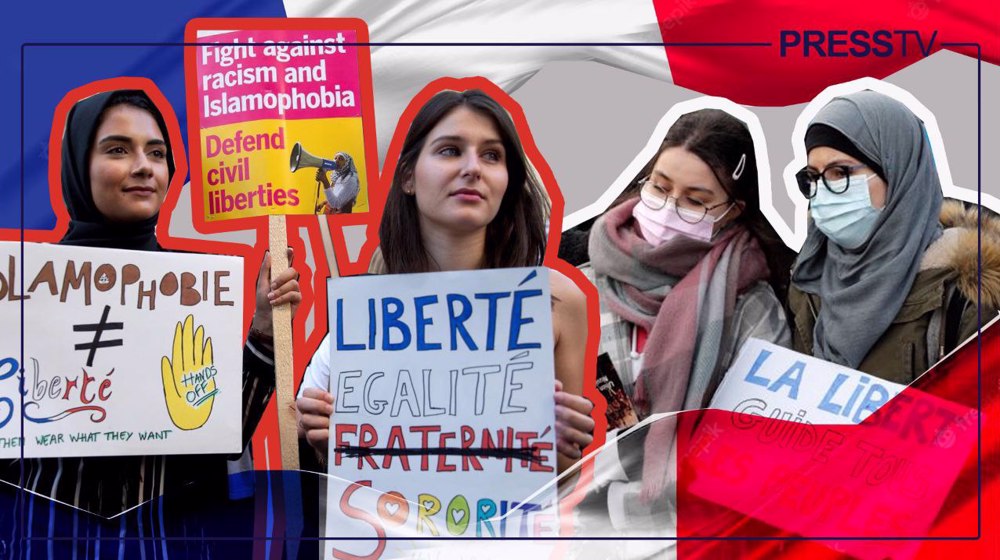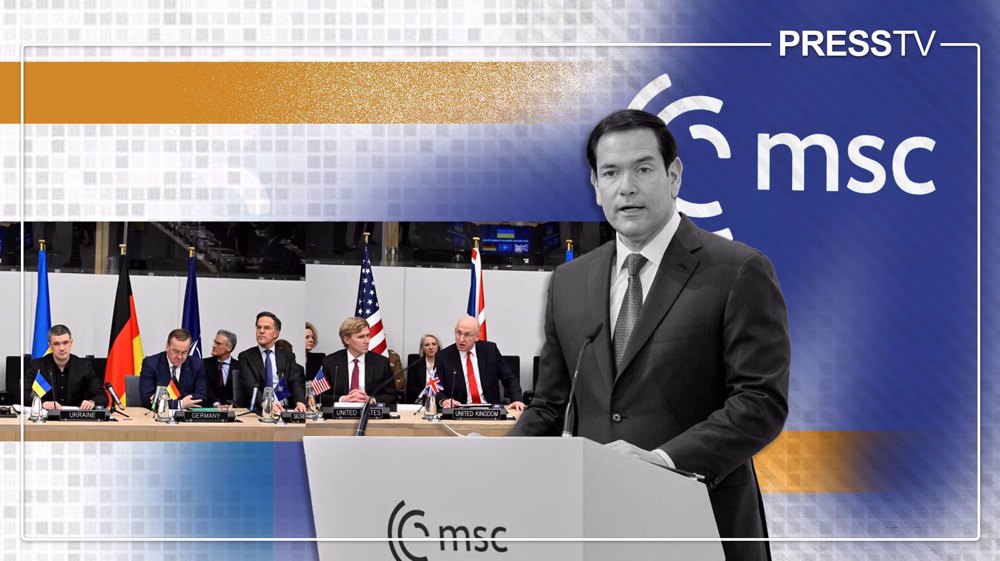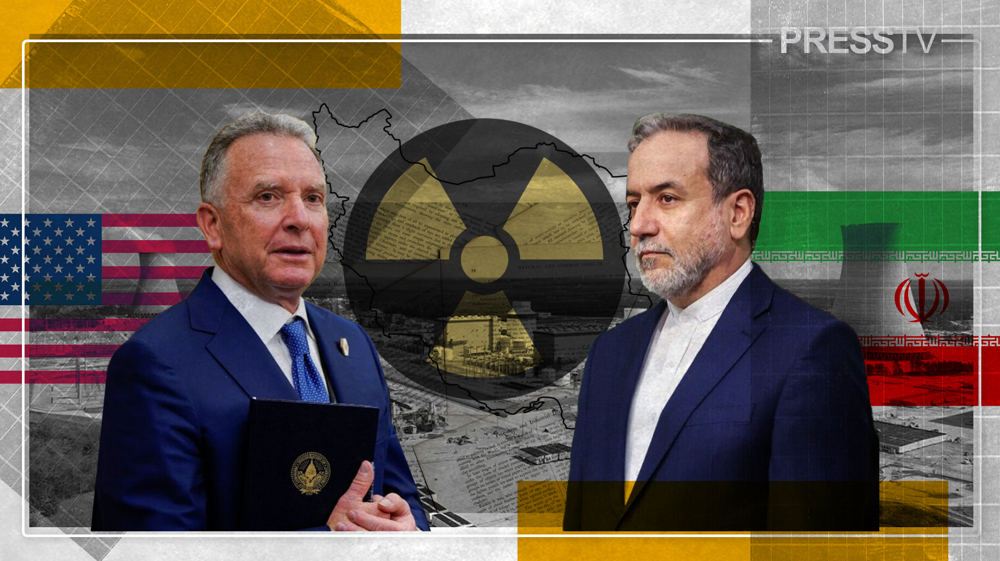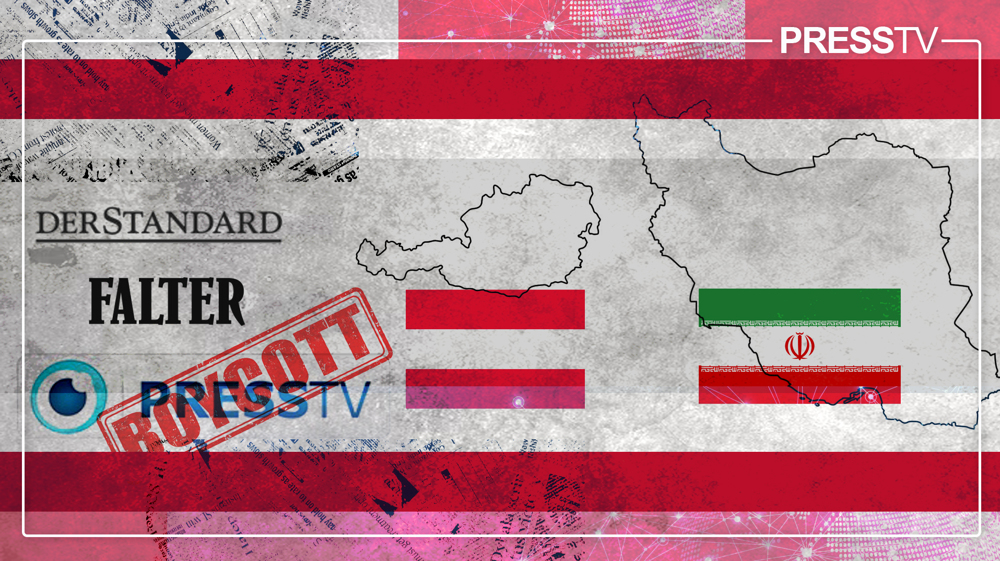Third-generation French Muslims rebel against failed Western model
By Ramin Mazaheri
France has witnessed a week of angry protests - “rioting” to reactionary commentators - following the inexcusably brutal slaying of a 17-year-old boy of Algerian-Moroccan descent by French police.
Viral video of the murder showed unnecessary, reckless and racist police brutality that even the French government was forced to condemn, although very reluctantly.
We have been here before.
Three weeks of anti-racism protests in 2005 were an irreparable blow to France’s international image because it was the first time the world became aware that systemic racism was just as present in France as it was in its imperialist allies, the United States and the United Kingdom.
Until 2005, France had touted that its universalist (White assimilationist) model of integration was superior to the multicultural (de facto segregationist) model common to Anglophone countries.
The rebellion proved that France, too, had an enormously repressed, neglected and alienated non-White underclass.
I doubt the French police will be foolish enough to repeat the tactic which caused the rebellion in 2005 to hit a higher gear: police fired tear gas into the mosque of a key Parisian suburb, during the holy month of Ramadan.
That stretched the unrest for three weeks, resulting in the declaration of a state of emergency to suspend democratic rights.
However, this time may be different, and it’s not because of the advent of social media, as French President Emmanuel Macron keeps insisting. What we are witnessing is the rise to political consciousness and activism of the youngest generation of French Muslims.
Muslim immigration to France is so recent that it can be easily summarised. It’s equally easy to explode the common myth that there was a historical era where the French model of integration actually worked.
It is inaccurate to say that France’s era of Muslim immigration began with the rebuilding after World War II: What they primarily had until 1976 was a male Muslim migrant worker class (as well as the rather non-representative “harkis” - Algerians who fought alongside France during the Algerian War for Independence (1954-62)).
That year saw the Family Relocation Act, which allowed these migrant workers to bring over their families, and it’s only here that we can accurately say that a true, complete era of “French Muslims” began. This was the middle of the alleged “actually worked” phase.
In reality, this was a phase when French Muslims were silent, fearful, over-accommodating and absent from the nation’s cultural and political scenes.
These were fresh immigrants, after all: ignored, exploited and subject to absurd assumptions, which is to some extent the universal experience of all first-generation immigrants.
Their children would comprise the second generation of French Muslims, and they are the ones who exploded in 2005 at the failure of French society to recognize their undoubted, genuinely-felt “Frenchness”, and to treat them with liberty (in choice of religion, dress, ideas, etc.) equality (in economic, political and security issues) and fraternity (“Frenchness” which now must incorporate Brown and Black “Frenchness”).
In 2023, what we are witnessing is a political rebellion by this third generation of French Muslims - to express the same feelings of alienation, disillusionment and insecurity.
Make no mistake that this is a youth-driven affair: a third of the over 3,000 people arrested are under the age of 18, according to the country's interior ministry.
One key question, in the context of French and Western claims of cultural and political superiority, is: Why are the feelings of the Muslim minority unchanged over generations?
The only answer is the failure of the employed socio-political model.
2023 makes it clear, for those who held out hope after 2005, that the French model - racial and ethnic assimilation under the aegis of an allegedly all-embracing, color-blind, strictly-neutral unity - has failed generation after generation.
The alternative Western model, which France opposes, is “multiculturalism”. However, this model has also failed and perhaps even worse: it’s now clear that this model perniciously encourages de facto segregation, identity politics, and endless grievances and discourages unity so completely that it renders it impossible for the nation.
What is the common thread? It is that both these approaches are applied in a Liberal Democratic model, and not one influenced by Socialist Democracy.
China has 56 constitutionally-protected minorities, while Iran has parliamentary seats reserved for its minorities, to give two examples of modern governance.
Contrarily, in the United States, the Supreme Court this week struck down an already quite ungenerous version of affirmative action.
In countries that have had a revolution since 1917, national unity among different identity groups is possible, but in so-called Liberal Democracies the only unity allowed is of such a backward nature that to call it “tribal” would constitute an insult to our modern tribes.
The common thread is that no approach works in this Liberal Democracy, with its embrace of obviously-elitist monarchism, with its forced worship of an elite one percent, with its neo-aristocracy that tries to masquerade as a meritocracy and - above all - with its 21st-century willingness to foment every social divide except the class divide, in order to render the masses more conquerable.
Furthermore, how can Liberal Democracy ever renounce racism and inequality when it won’t renounce imperialism? Good luck finding an answer - or even that question - in the Western coverage of the latest French rebellion.
And it is the undeniable fact of these constant rebellions upon which we must focus our questioning, instead of narrowly focusing on this newest, ongoing rebellion.
France saw 15 million-person marches this year against a controversial rollback to the pension system, and brutal repression at all but the promised last one; before the coronavirus pause the Yellow Vests endured a political bloodbath every Saturday for six months.
In 2017 there were anti-police brutality rebellions in France over the sexual assault by cops of a Muslim Black man; since the Great Financial Crisis every spring (and usually every fall) sees widespread anti-government protests across the entire Eurozone.
Beyond the problem of a populace that is constantly protesting for major changes to their governmental policies is the added problem that these protests are repressed with massive state-sponsored violence.
The Liberal Democratic response after the 2005 rebellion didn’t result in the fixing of problems. (How could it, we skeptics of Liberal Democracy would ask?) The response was the exact opposite of what was needed: the infamous mainstreaming of Islamophobia in France, as it became a huge political winner to oppress and denigrate all things Islamic.
This era has not ended, as Marine Le Pen appears like the certain victor of the 2027 presidential election; it has not ended, because Liberal Democracy needs scapegoats, needs divisions, needs disunity to deflect from the unjustness of their rule by the one percent.
There is talk that labor unions and human rights groups will organize a general strike against racism and police violence later this month. These Liberal Democratic-supporting groups had the same response to the still-ungrasped enormity of the Yellow Vest rebellion: the 2019-20 General Strike, the longest labor action in French history.
It failed to achieve its aims. The elites of Liberal Democracy, as always, simply refused to compromise or to inject popular opinion into its unpopular policy-making.
From the reform of one of the world’s most notoriously brutal police forces to the end of the instrumentalization of Islamophobia, to genuine integration of and protection for non-White minorities, to the creation of open futures for all of France’s working-poor class - history shows these things will not occur.
The problem is not Islam, nor European Muslims, nor French nature, nor human nature - the problem is embedded in Liberal Democratic institutions and their refusal to reform or to accept a compromise between their 1 percent and their 99 percent.
Each rebellion in France - along with the certain state-sponsored repression of it - only proves this again and again.
Ramin Mazaheri is the chief correspondent in Paris for Press TV and has lived in France since 2009. He has been a daily newspaper reporter in the US, and has reported from Iran, Cuba, Egypt, Tunisia, South Korea and elsewhere.
(The views expressed in this article do not necessarily reflect those of Press TV.)
Trump plans to establish 'massive' military base in southern Gaza: Report
NYT questions Trump’s justification for threatening war on Iran
VIDEO | Press TV's news headlines
Araghchi stresses efforts to draft negotiating text between Iran and US
Over 150 ex-diplomats slam French FM's 'disinformation’ about UN’s Albanese
Alawite women abducted and raped, others sold by Jolani's men: Report
Iran, China, Russia hold trilateral talks on Geneva nuclear negotiations
VIDEO | Protests and skepticism greet Trump’s 'Board of Peace'










 This makes it easy to access the Press TV website
This makes it easy to access the Press TV website